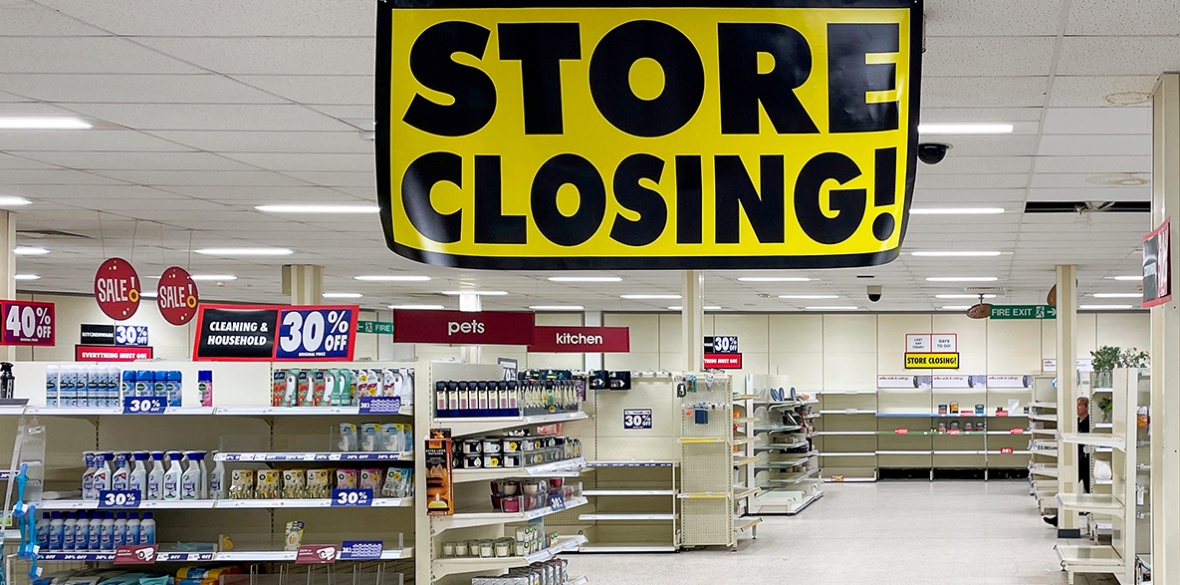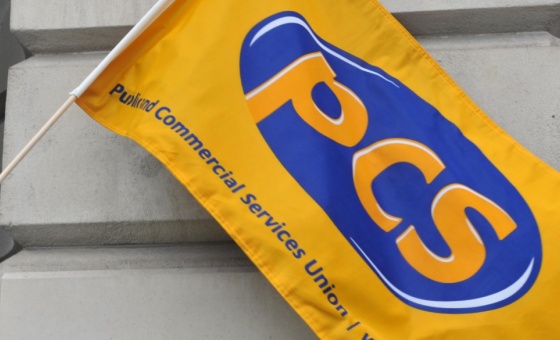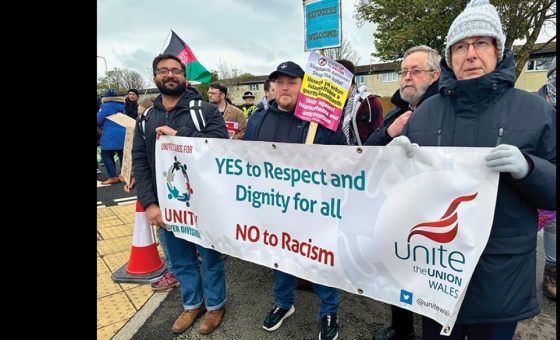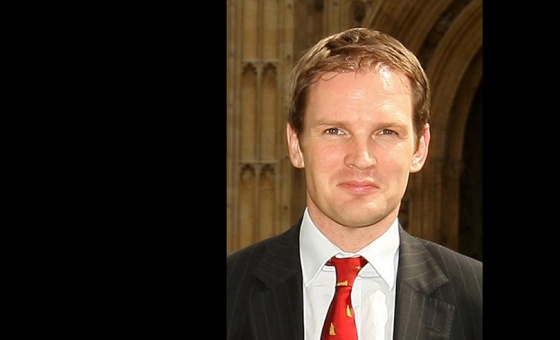This is the last article you can read this month
You can read more article this month
You can read more articles this month
Sorry your limit is up for this month
Reset on:
Please help support the Morning Star by subscribing here
DESPITE the best efforts of the GMB union it seems like all Wilko stores will close in the next few weeks with the loss of 12,500 jobs.
The impact will be significant. People will lose jobs in a cost-of-living crisis and communities will lose another well-used high street shop. A powerful speech by a Wilko union rep at the TUC in Liverpool rightly received unanimous support.
Further, Labour leader Keir Starmer recognised the point on social media, arguing that a Labour government will give people like the Wilko workers, thrown on the scrap heap by owners who paid themselves millions when the company was in trouble, hope for the future.
One may be sceptical given Rachel “fiscal” Reeves’s statements but there is still a real contrast with Rishi Sunak who said precisely nothing. The richest MP in Parliament is no doubt unfamiliar with shops like Wilko.
Interviews with people who used Wilko in the media underlined the class politics of the matter. One noted that the shop was like “a John Lewis for working-class people.”
Others pointed out that the wide range of goods sold was usually of a good quality and available at a reasonable price. In the days of greedflation, that may not trouble Tory MPs — but it matters a lot to ordinary people who don’t have millions in the bank.
There is a history to it. There are currently around three million people employed in retail businesses. At least in respect of larger companies, these are mostly unionised jobs with Usdaw, GMB and Unite. It’s a reflection of what the Thatcher period did to the British economy. Manufacturing is still important in 2023 but the whole emphasis was switched to a service-focused economy.
With the closure of Wilko, there is a strong echo of the Tory 1980s when the Thatcher government’s policies saw industries like coal and steel decimated, jobs lost and communities devastated. The price is still being paid — by working people, not the Tory Party’s mates.
Now it seems it’s the turn of workers in the retail sector. Hardly a week goes by without news of closures and job losses on the high streets.
Of course, much of the business is now online through companies like Amazon. The battles for union recognition there are a strong reminder that however much capital may try to atomise working-class organisation, the impulse for it to happen continues.
But there is a further angle. One reason why Wilko is closing is that the law prioritises the financial interests of creditors and suppliers over those of workers and communities.
As the situation developed it became clear that Wilko’s creditors and suppliers had the first shout about whether or not any rescue deal would be acceptable. Their concerns were not jobs or communities, but whether they could recover their money.
GMB intervened in the process to demand that the interests of Wilko workers be prioritised. Unfortunately, they were not — and for a reason.
In such situations, the law puts companies and creditors first, and workers last. The law, after all, is designed to protect property and wealth, not those who labour to create it.
Before 1997, New Labour originally intended to level this playing field. The plan was to modify the legal requirements of companies to always put the bottom line and the interests of shareholders first by adding in commitments to workers and communities too.
In the end, while the Bank of England was set free from direct political control, this was a step that was not taken. Taking it should now be a priority for a Starmer government after the Wilko debacle.
Keith Flett is a socialist historian. Follow him on Twitter @kmflett.










